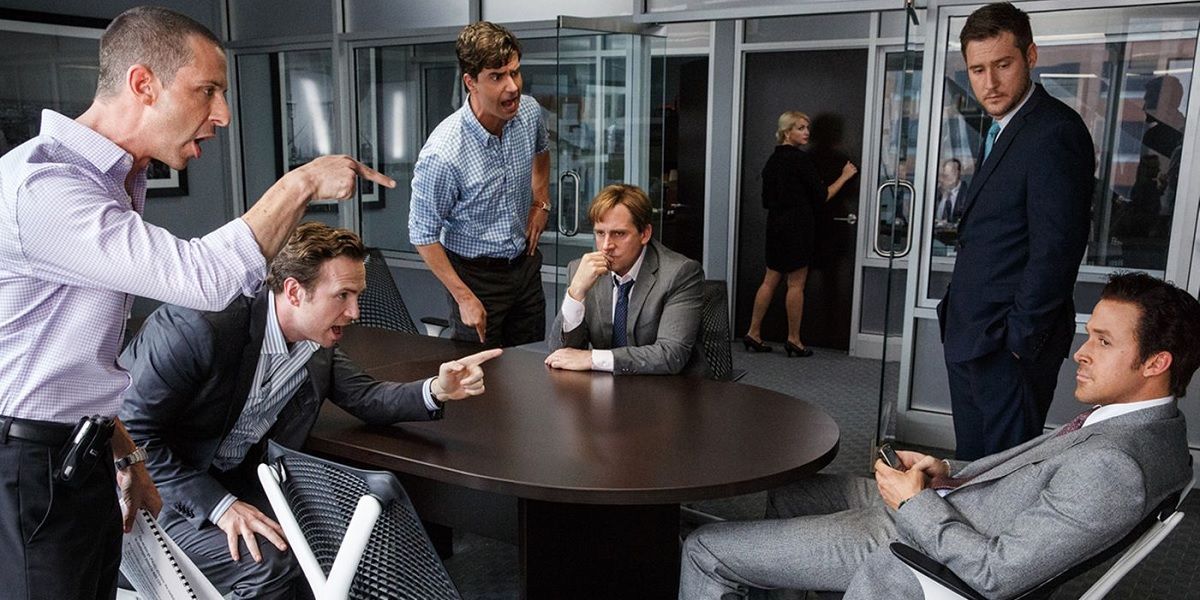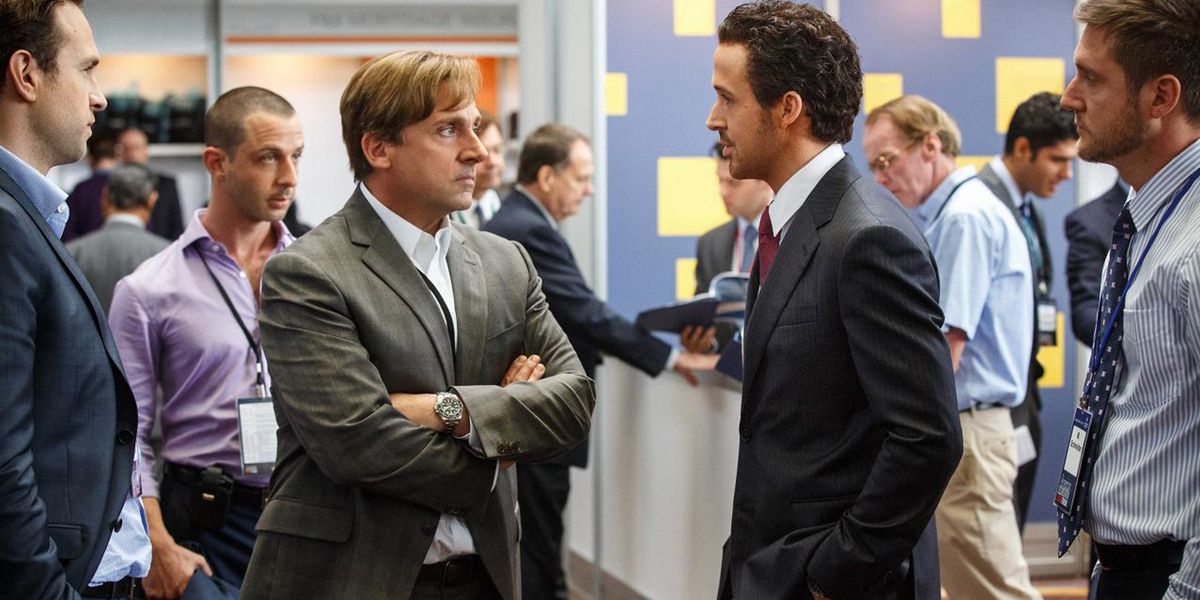As the 47th Annual Academy Awards approach, winners and losers continue to emerge from the various other yearly movie awards held by individual guilds and other voting bodies as part of what's come to be called Awards Season. While outfits like the Critics Choice Awards, Screen Actors Guild and The Golden Globes are more prominent and familiar to mainstream audiences, dedicated Oscar prognosticators looking to get a clear picture of where the industry (and, thus, The Academy) is leaning in its outlook often cite the Producer's Guild Awards as the true bellwether to watch for, given that producers make up a significant voting bloc within The Academy of Motion Picture Arts And Sciences. Significantly, the Producers Guild has held awards since 1989, and its top pick has aligned with The Oscars' 19 out of 27 times.
The 2016 Producers Guild Awards (or PGA) ceremony was held Saturday night, and the surprising results have radically altered the Oscar run-up landscape. The Big Short, a popular and critically-lauded comedy widely viewed as Awards Season underdog, was awarded the top prize as Best Produced Film (the PGA's equivalent to Best Picture); beating out heavily favored rivals like Mad Max: Fury Road and The Revenant.
Directed by Anchorman and Talladega Nights helmer Adam McKay from a screenplay by himself and Charles Randolph (based on the book by Michael Lewis), The Big Short is a satirical comedy that utilizes dark humor to dramatize (and attempt to explain) the complex web of shady-dealings in the U.S. housing market that ultimately caused the disastrous 2008 financial crisis. A roster of major stars including Brad Pitt, Christian Bale and Steve Carrell portray real-life figures at the center of the story; but the film also makes clever use of animated graphics, "fourth-wall" addresses to the camera and cutaways to comedy sketches wherein celebrity guests like Suicide Squad's Margot Robbie, Selena Gomez and Anthony Bourdain use simple, humorous metaphors to explain the (intentionally) over-complicated banking systems the characters are dealing with - a strategy that is likely to thank for the film's surprising success with mainstream audiences despite an initial lack of heavy promotion.
While the film was well-reviewed and its makers are popular, well-liked figures within the industry, The Big Short had long been thought of as an also-ran in an Awards Season dominated by racial-bias controversies, big-budget spectacles and iconic filmmakers like George Miller, Ridley Scott and Steven Spielberg. And while buzz had persisted for several months among Oscar handicappers that certain major titles would prove too violent (The Revenant, Tarantino's Hateful Eight) too bizarre (Fury Road) or "too sci-fi" (The Martian) to dominate the top categories; the search for a likely "safe" alternative had largely been circling Tom McCarthy's heroic journalism drama Spotlight. And while a Producers Guild Award is not necessarily a guarantee of Oscar gold, it's hard not to regard The Big Short as having now jumped out to the front of the pack a month out from the big show.
While some journalists following the Awards Season horse race had indeed predicted the film as a potential surprise-powerhouse, others are sure to be looking for an answer as to why the film has connected so profoundly with so many different audiences and why so few had correctly predicted its appeal. One explanation might be an under-acknowledged appetite for topical material: While an overwhelming majority of Awards contenders this year took place either in the past or fantastical futures and aimed for broad themes and universal truths; the news and daily pop-cultural discourse has been dominated by election-year current events and consternation about Wall Street and the financial sector in particular - and The Big Short is one of the only films currently in theaters specifically addressing those very concerns. It's entirely plausible that this surprise success has been driven by moviegoer's responding enthusiastically to the film's promise to tell them, at last, what actually happened to all their money.
Whatever the reason, The Big Short now heads into the Oscar home stretch as one of the presumed front-runners. Will it continue its winning streak and take home Hollywood's highest honor? We'll find out on February 28. Meanwhile, at least one of its filmmakers will be staying plenty busy: McKay, who was at one point sought as a director for Marvel's Ant-Man, is said to be among the top choices to direct the Inhumans movie due in 2019.
Source: The Wrap


